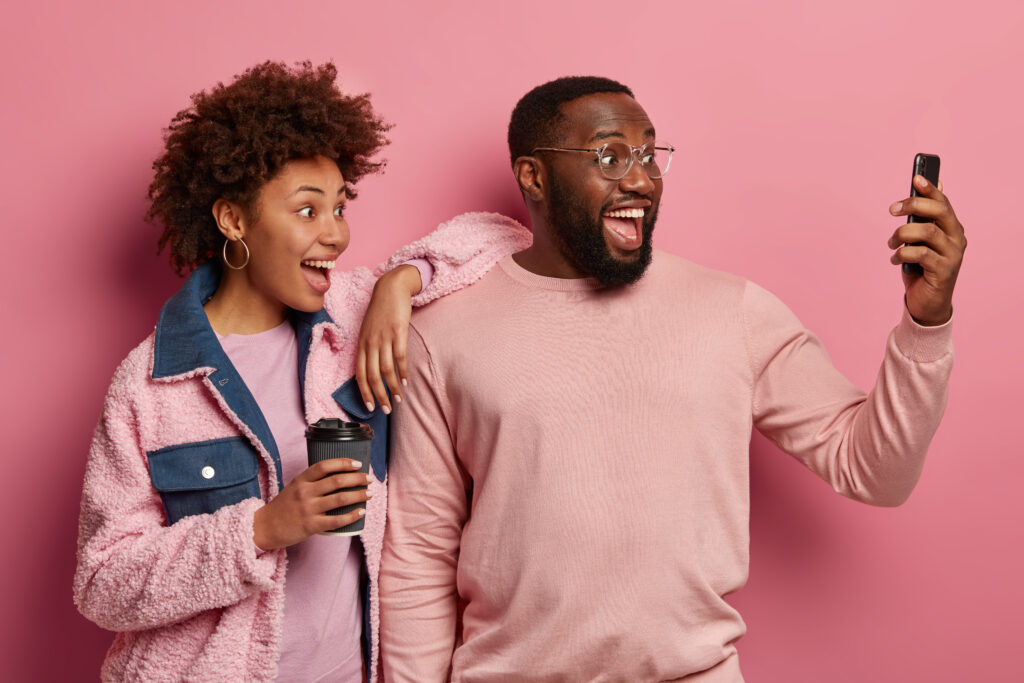Influencer Couples: Authentic Love or Carefully Curated Content?

In the age of social media, love stories are no longer just private moments between two people—they are content.
Picture-perfect couples flood Instagram feeds, posting intimate moments wrapped in golden-hour lighting, elaborate surprise gestures, and flawless vacation snapshots. From YouTube vlogs to TikTok “relationship goals” reels, influencer couples have turned their love lives into a brand.
But as viewers, how much of this romance is real? Are these couples genuinely in love, or are we simply seeing a carefully curated version of their relationship? More importantly, how does watching these seemingly perfect relationships affect our own expectations of love?
The Business of Love: When Relationships Become Content
For many influencer couples, their relationship is more than just personal—it’s a brand. Sponsorships, ad deals, and audience engagement hinge on their ability to sell the image of an ideal partnership. Romantic vacations, coordinated outfits, and even heartfelt declarations of love become content meant for public consumption.
This raises an important question: If every moment is curated, does that take away from the authenticity of the relationship? When love becomes monetized, where does the line between genuine affection and performance blur?
Of course, not every influencer couple is “faking it.” Many share their relationships openly and honestly, including the struggles and imperfections that come with real love. However, the pressure to maintain a flawless image can sometimes push couples to present an airbrushed version of their reality, leaving out the mundane, the disagreements, and the complexities that exist in every relationship.
How Influencer Couples Shape Perceptions of Love
Whether we realize it or not, constantly seeing picture-perfect relationships can shape our expectations of love. Scrolling through social media, it’s easy to compare our own relationships to the highlight reels of influencers.
Common messages promoted by influencer couples include:
- Romance should always be grand. Over-the-top surprises, expensive gifts, and extravagant trips set an unrealistic standard for everyday relationships.
- Arguments and struggles rarely exist. Most influencers don’t film their disagreements, creating the illusion that love should always be effortless and conflict-free.
- Aesthetics matter. Matching outfits, perfect lighting, and coordinated social media feeds emphasize the visual appeal of a relationship over the emotional depth.
When viewers absorb these ideals, it can lead to dissatisfaction in real-life relationships. If love doesn’t look like a viral Instagram post, does it mean something is missing? Are everyday relationships, filled with unfiltered moments, less valuable?
Authenticity vs. Performance: Can Influencer Love Be Real?
While curated content is part of social media culture, authenticity still exists—just not always in the way we expect. Some influencer couples actively break the mold by showing their unfiltered reality, discussing struggles, and sharing vulnerable moments. They normalize the fact that love isn’t just vacations and cute selfies; it’s also compromise, personal growth, and sometimes, heartache.
At the same time, it’s important for viewers to remember that social media will never capture the full scope of a relationship. Even the most “real” influencers still choose what to share.
What Can We Learn From Influencer Couples?
Rather than idolizing influencer relationships or dismissing them entirely, we can take a more balanced approach:
- View them as entertainment, not a standard. Enjoy the content, but don’t measure your own relationship against it.
- Recognize the difference between a curated moment and real life. Just because you don’t see struggles online doesn’t mean they don’t exist.
- Focus on your own definition of love. Whether your relationship is full of grand gestures or quiet moments, what matters is what makes you happy.
At the end of the day, love isn’t a brand, a trend, or an aesthetic. It’s an experience, and the most meaningful relationships aren’t measured in likes and engagement rates.
What do you think? Do influencer couples promote healthy relationships, or do they set unrealistic standards? Let’s start a conversation.









